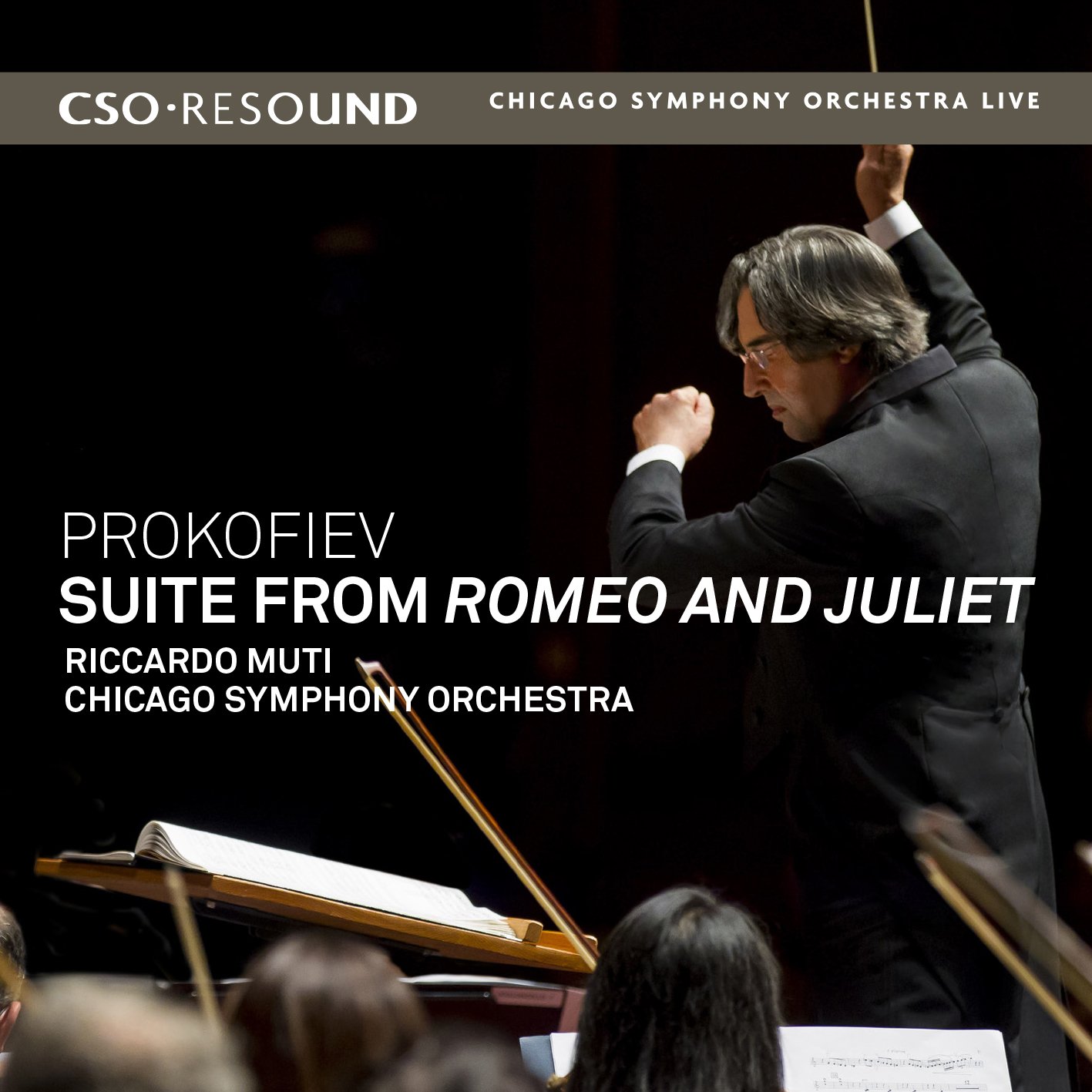When is the flood of great new Alpine Symphony recordings going to stop? After years of abuse from critics, Strauss's elusive masterpiece has finally come to the fore. We haven't been lacking in new readings in the new millennium. Before this reading was released I already owned stellar accounts from Thielemann, Harding, and an earlier one from Welser-Most with the Mahler Youth Orchestra. So here Welser-Most is duplicating himself within the same decade, but with good reason. This is an entirely different animal from his earlier reading. And who could turn down yet another reading from the Bavarian Radio Symphony, which plays with such striking virtuosity? And BR Klassik's sound is impeccable, of course.
The opening is aptly mysterious, building naturally, and the Bavarian Radio Symphony plays with more virtuosity than the Gustav Mahler Youth Orchestra. This time around, Welser-Most seems less inward and more propulsive. It's hard to blame him, really, considering how full and magisterial the orchestra sounds. When you add the stellar sonics, this release is bidding to displace Thielemann's reading with the Vienna Phil as the best modern virtuoso version.
It would be wrong to suggest that Welser-Most is simply going through the motions, but this reading isn't as searching or elusive as either his earlier recording or Harding's from earlier this year. He unabashedly aims for thrills, and they're a joy to hear. The warmth of the orchestra is unmistakable. As much as I appreciate other versions, there's a Straussian instinct inherent in the best European orchestras that's hard to replace. The vibrancy from the first desk players is delicious and ravishing in its gentle-hued beauty.















